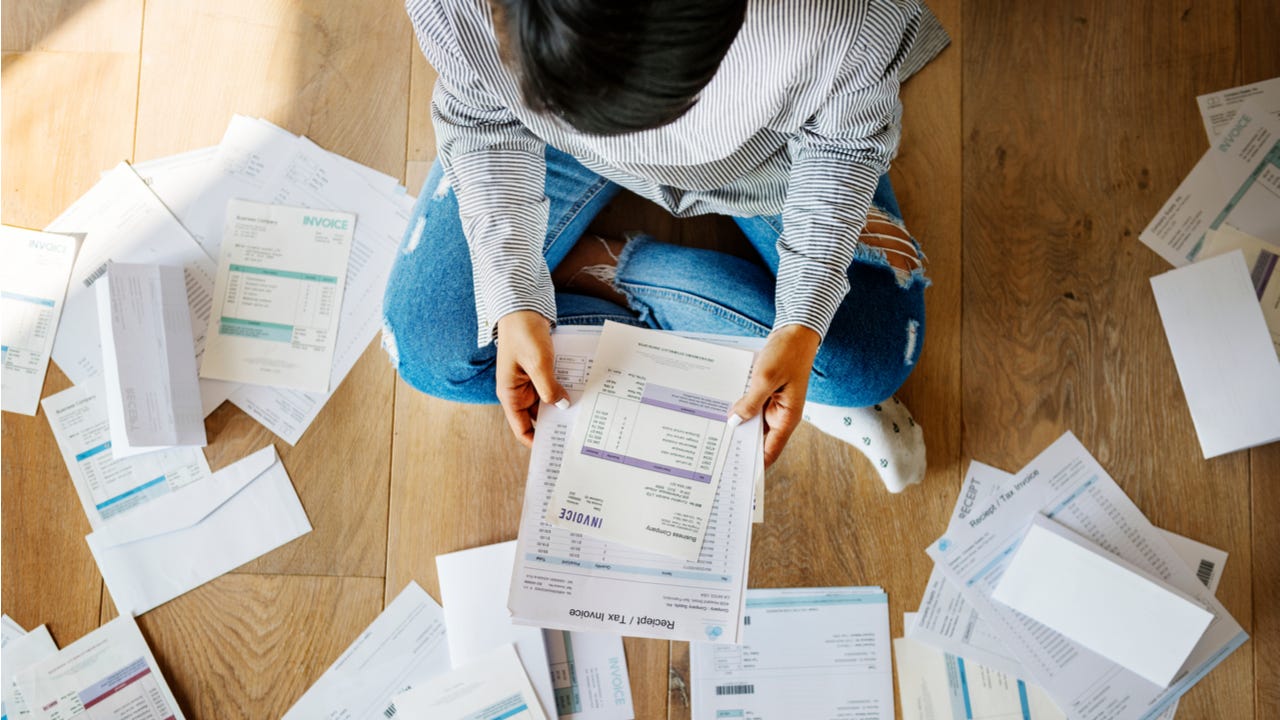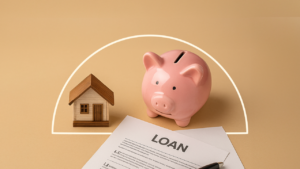How to consolidate debt without hurting your credit




Key takeaways
- Debt consolidation may temporarily reduce your credit score, but it will rebound over time with on-time payments.
- Combining multiple credit cards with a debt consolidation loan could provide a large boost to your scores since it reduces your credit utilization ratio.
- You can minimize the impact on your credit by shopping for lenders before you apply, keeping credit lines open and avoiding new debts.
If one of your goals this year is to lighten your debt load, you’ll want to know how to consolidate debt without hurting your credit. Although the credit score benefits of debt consolidation usually outweigh the drawbacks, a few strategic steps could minimize any drop and put you on a path to a better future credit score.
If you're planning a major purchase in your future, like a new car or home, consolidating your debt can be one of the best things you can do for your credit scores. As a mortgage loan originator, I saw that debt consolidation was often the path to a much better interest rate, and sometimes the key to the borrower even being able to get approved. The key to keeping those high scores is to commit to limited — if any — credit card use after the consolidation is completed.— Denny Ceizyk, Bankrate Senior Writer, Loans
Does debt consolidation hurt your credit?
Debt consolidation could lower your credit scores in two ways. The first, and most common, is related to the hard inquiry a lender will require to finalize any new loan.
Each new inquiry will drop your score by a few points. The effect is usually minor and temporary, as long as you don’t rapidly apply for multiple credit accounts.
The other is related to the average age of your accounts. If you close all or most of your credit accounts after paying them off with a debt consolidation loan, you’ll see a more significant drop in your score. However, you can often avoid this impact.
How to consolidate debt without hurting your credit
If you’re seriously considering consolidating debt, it’s probably because your credit card balances are too high. A recent Bankrate Credit Utilization Survey found that nearly 2 in 5 (37 percent) of cardholders have maxed out, or nearly maxed out, a credit card since the Federal Reserve began raising interest rates in March 2022.
Or maybe you need to simplify your bill-pay system. For example, you could combine a small auto loan balance and several credit cards to reduce the risk you’ll miss a payment amid your hectic life schedule. Whatever the reason, there are a few tips that could minimize the credit impact of debt consolidation.
1. Know your options
Make sure you consider as many types of debt consolidation as possible before applying. The table below provides a quick breakdown of five of the best debt consolidation options and how they could affect your credit.
| Consolidation option | Best for | Potential effect on credit |
| 0% balance transfer card | Borrowers who can pay the balance off before the 0% promotion period ends | Hard inquiry Increased credit utilization (if not paid by promotion date) |
| Home equity loan or home equity line of credit (HELOC) | Homeowners with significant equity and no plans to sell soon | Hard inquiry |
| Debt consolidation loan | Borrowers who want to replace revolving credit with a fixed rate loan with a definite end date | Hard inquiry |
| Peer-to-peer loan | Borrowers with lower credit scores or little credit history | Hard inquiry |
| Debt management plan | Borrowers in credit distress who can’t make payments | Late payments Increased credit utilization |
2. Prequalify with several lenders
Once you’ve chosen the type of consolidation loan you want to choose, it’s time to start getting some offers. Check with banks, credit unions and online lenders, but make sure they offer prequalification, so your credit isn’t dinged.
You may save time by checking out a marketplace lending site such as Bankrate. For example, you can get prequalified with several different lenders at once by applying through our debt consolidation loan rates page.
3. Protect your credit after you consolidate
While you can’t avoid a hard inquiry when consolidating debt with most loan types, you can minimize the impact and repair damage faster with these tips:
- Stop using your consolidated credit cards. Remove them from your digital and physical wallets so you’re not tempted to increase your debt utilization ratio. If you must use credit, stick to a single card.
- Keep credit lines open whenever possible. This will keep your credit history intact, which is important because credit history makes up 15 percent of your FICO score.
- Pay your bills on time. Making consistent, on-time payments on your consolidation loan or balance transfer credit card will help boost your overall credit score. Plus, as you pay down your balance, your credit utilization goes down, which can increase your credit score. Set up automatic payments to avoid human error.
- Avoid opening new accounts for several months. This will help you avoid hits from inquiries and new credit.
No-credit-impact ways to consolidate debt
These options don’t involve a hard inquiry, but they are not available to everyone.
- Take out a 401(k) loan. If you’d rather avoid any dings to your credit and have a significant balance in your 401(k), you can take out a 401(k) loan and use the proceeds to consolidate debt. Just remember, the funds tied up in the loan won’t be working for you in the market, and you will face a tax penalty if you do not meet the repayment requirements.
- Request a private loan from a friend or relative. If you owe a small amount, you could negotiate to borrow money from someone you know. Make sure you have clear repayment terms. One caveat: Defaulting on these loans may not harm your credit, but it could definitely damage the relationship, so tread carefully.
Bottom line
Consolidating debt is often a win-win for your credit in the long run, especially if you’re paying off maxed-out credit cards. The benefits of having a low credit utilization ratio usually far outweigh the temporary effects of a few hard inquiries. However, if you find yourself turning to debt consolidation repeatedly, it may be wise to meet with a credit counselor for advice on spending and budgeting.
Why we ask for feedback Your feedback helps us improve our content and services. It takes less than a minute to complete.
Your responses are anonymous and will only be used for improving our website.
You may also like

The best debt consolidation loans for bad credit in 2025

How to consolidate debt without a loan


